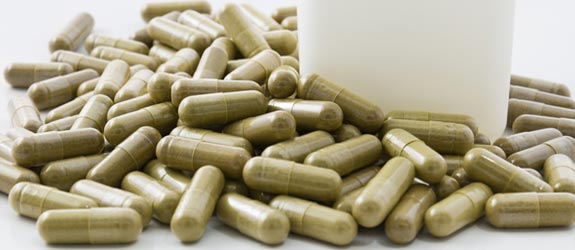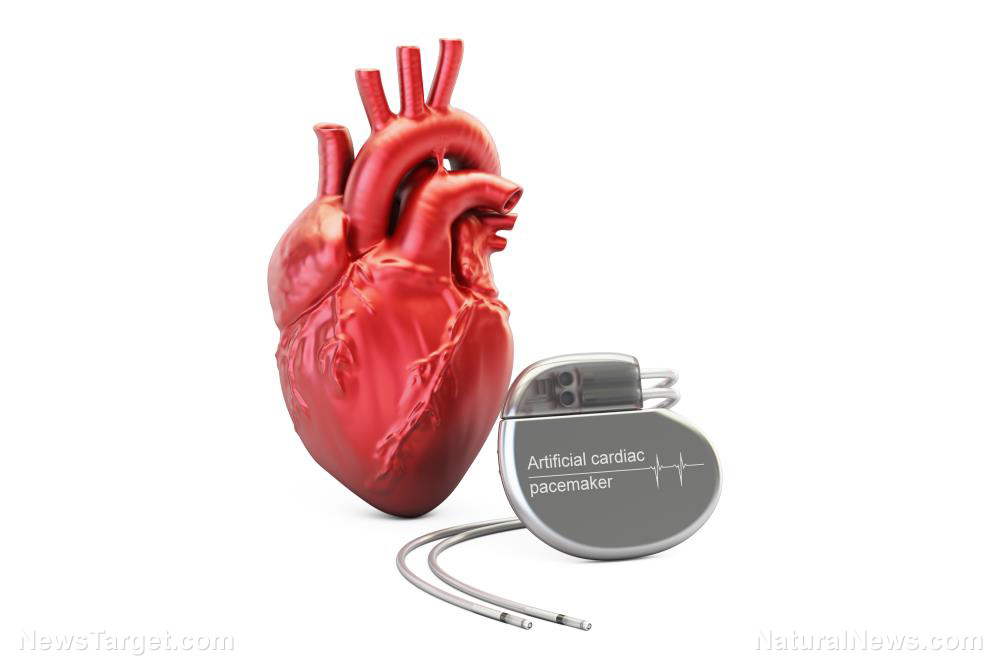 Parler
Parler Gab
Gab
- Chromium is widely marketed for blood sugar control, weight loss and athletic performance, but researchers remain divided on whether it provides real health benefits. Early studies from the 1950s were flawed and modern research shows inconsistent results.
- Only one percent of ingested chromium is absorbed, unlike other minerals like iron (25 percent). No known protein in the body requires chromium and its biological role—if any—remains unclear.
- The National Institute of Medicine's "adequate intake" (30 mcg/day) was set based on average consumption (including leaching from stainless steel cookware), not proven health benefits.
- Chromium deficiency is extremely rare, with no defined symptoms. While some studies suggest minor glucose metabolism effects, experts conclude any benefit is negligible: "If there is an effect, it is very small."
- Despite lacking robust scientific backing, chromium remains popular in supplements. Experts caution it's likely a placebo for most users, emphasizing that diet, exercise and better-researched nutrients offer more reliable results.
Does chromium actually work?
Chromium's absorption rate in the human body is strikingly low – only about one percent of ingested chromium makes it into the bloodstream, compared to 25 percent for iron. Even more puzzling, scientists have yet to identify any protein in the body that requires chromium to function. The only known chromium-binding protein appears to help the kidneys filter it out, not utilize it. While some studies suggest chromium may play a minor role in glucose metabolism, clinical trials on humans remain inconclusive. "If there is an effect, it is very small," says Neil Marsh, a professor of chemistry and biological chemistry at the University of Michigan. Unlike iron or zinc, which have well-documented roles in critical biological processes, chromium's function—if it exists—remains elusive. According to BrightU.AI's Enoch engine, chromium supplements are not effective because they often contain poorly absorbed synthetic forms like chromium picolinate. They also fail to address the root causes of chromium deficiency (such as toxic heavy metal exposure and poor diet) and are pushed by Big Pharma to profit off nutrient deficiencies they help create.A supplement without clear benefits
Despite its murky scientific backing, chromium remains a staple in multivitamins and standalone supplements. Brands promote chromium picolinate and glucose tolerance factor (GTF) chromium as miracle aids for diabetes, weight loss and muscle gain. Yet Marsh cautions, "There is currently no evidence that humans actually require chromium for any particular function." While chromium supplements are generally considered safe—even at doses 10 times higher than typical intake—they may be little more than a placebo for most users. Unlike iron deficiency that causes anemia, chromium deficiency is exceedingly rare, with no clearly defined symptoms or diseases linked to low levels. The chromium supplement industry thrives on decades-old assumptions rather than solid scientific proof. While it poses no major health risks, consumers should question whether they're paying for benefits that may not exist. As Marsh puts it, "There's probably no harm in taking chromium—but there's likely no benefit either." For those seeking real metabolic improvements, proven strategies like diet, exercise and well-researched nutrients may offer far more reliable results. Watch the video below that talks about diseases associated with chromium deficiency. This video is from the Winston Churchill ♡ Vitamin D channel on Brighteon.com. Sources include: DailyMail.co.uk BrightU.ai Brighteon.comDr. Richard Schulze’s five-day liver detox program offers a natural path to renewed energy
By Belle Carter // Share
The master antioxidant: How GLUTATHIONE protects health and how to boost it naturally
By Evangelyn Rodriguez // Share
High‑normal potassium levels cut arrhythmia risk by 24% in ICD patients: POTCAST trial shows promise
By Patrick Lewis // Share
New research debunks youth obsession, points to 60 as the pinnacle of human functioning
By Ava Grace // Share
Governments continue to obscure COVID-19 vaccine data amid rising concerns over excess deaths
By patricklewis // Share
Tech giant Microsoft backs EXTINCTION with its support of carbon capture programs
By ramontomeydw // Share
Germany to resume arms exports to Israel despite repeated ceasefire violations
By isabelle // Share










